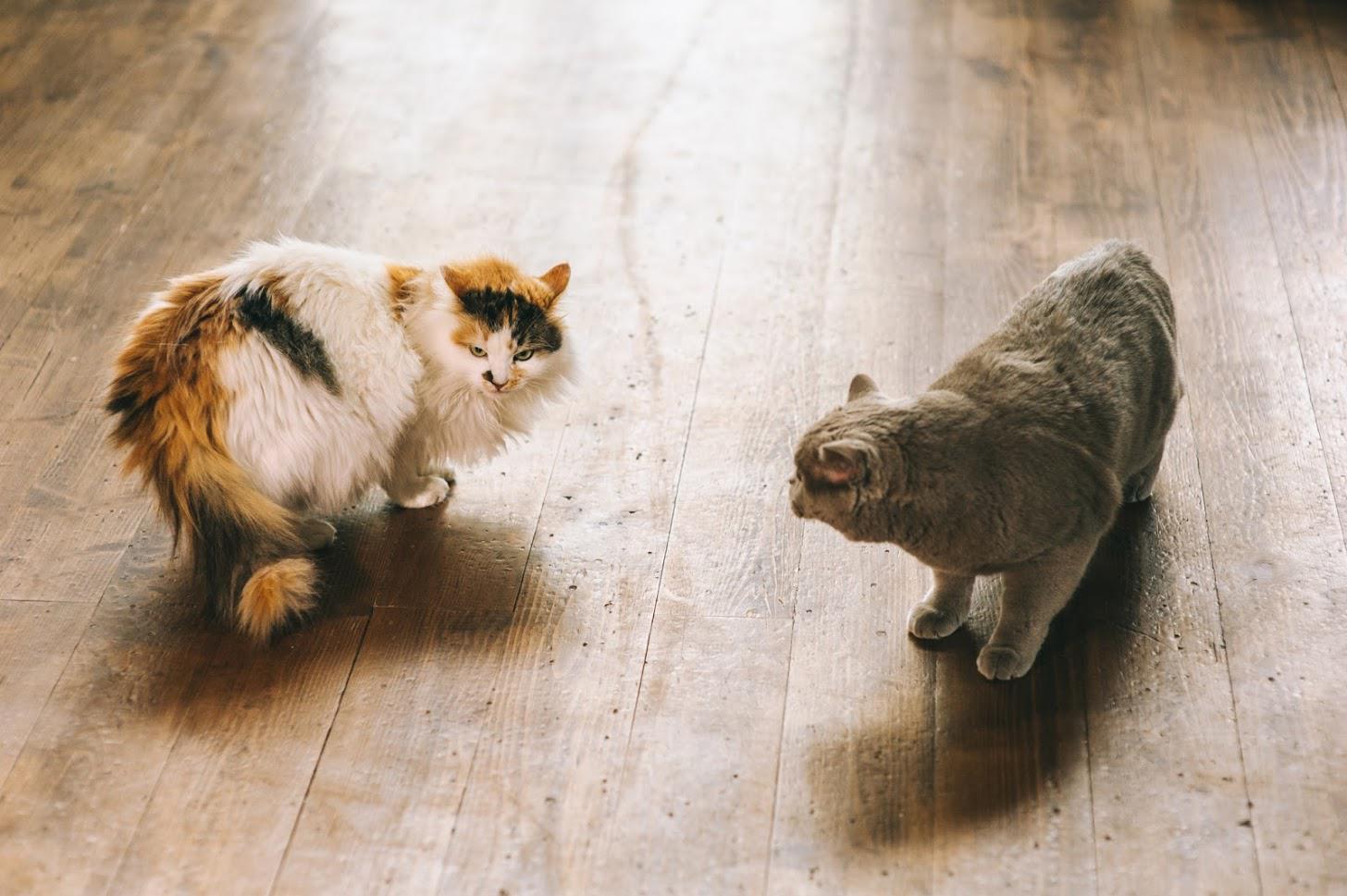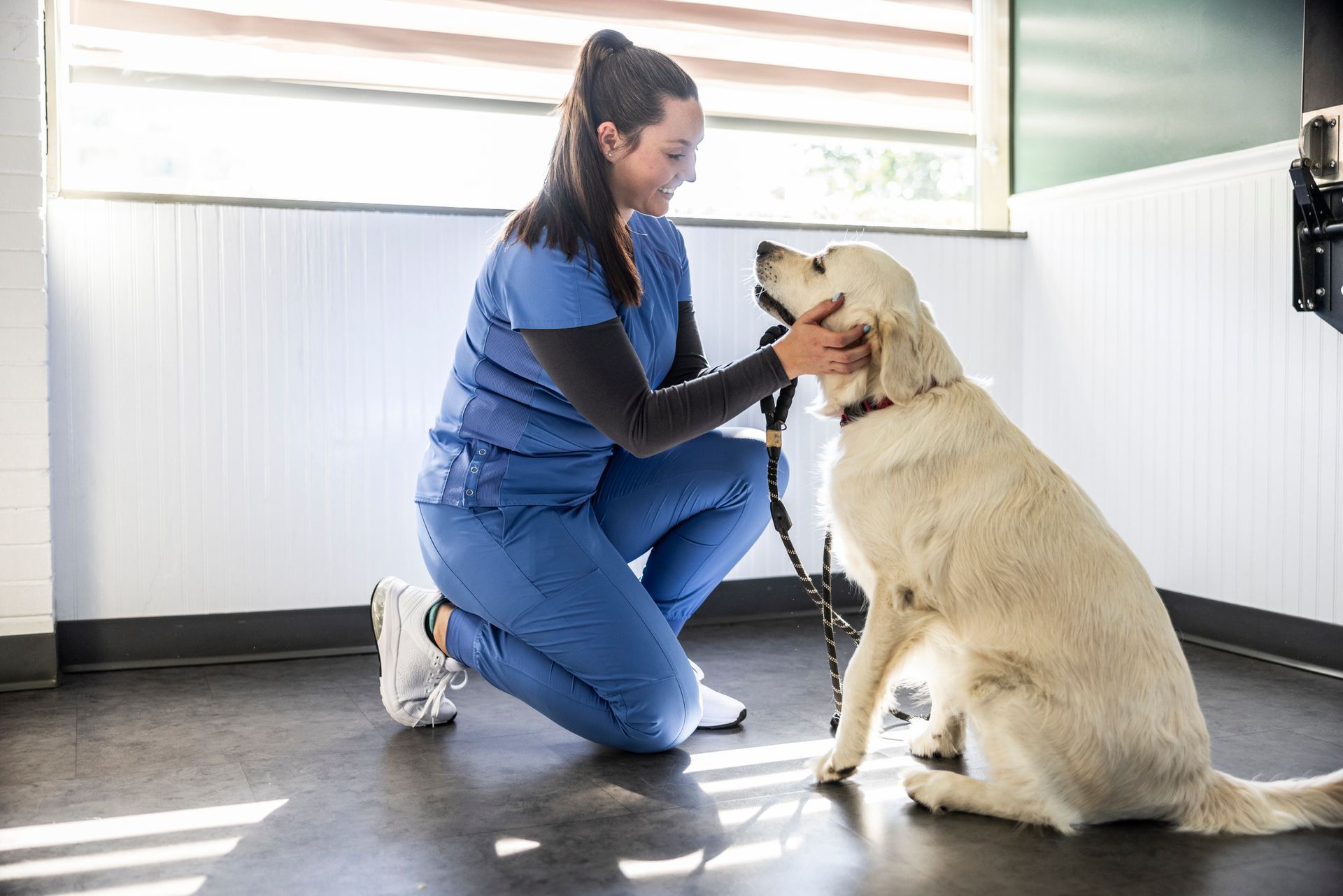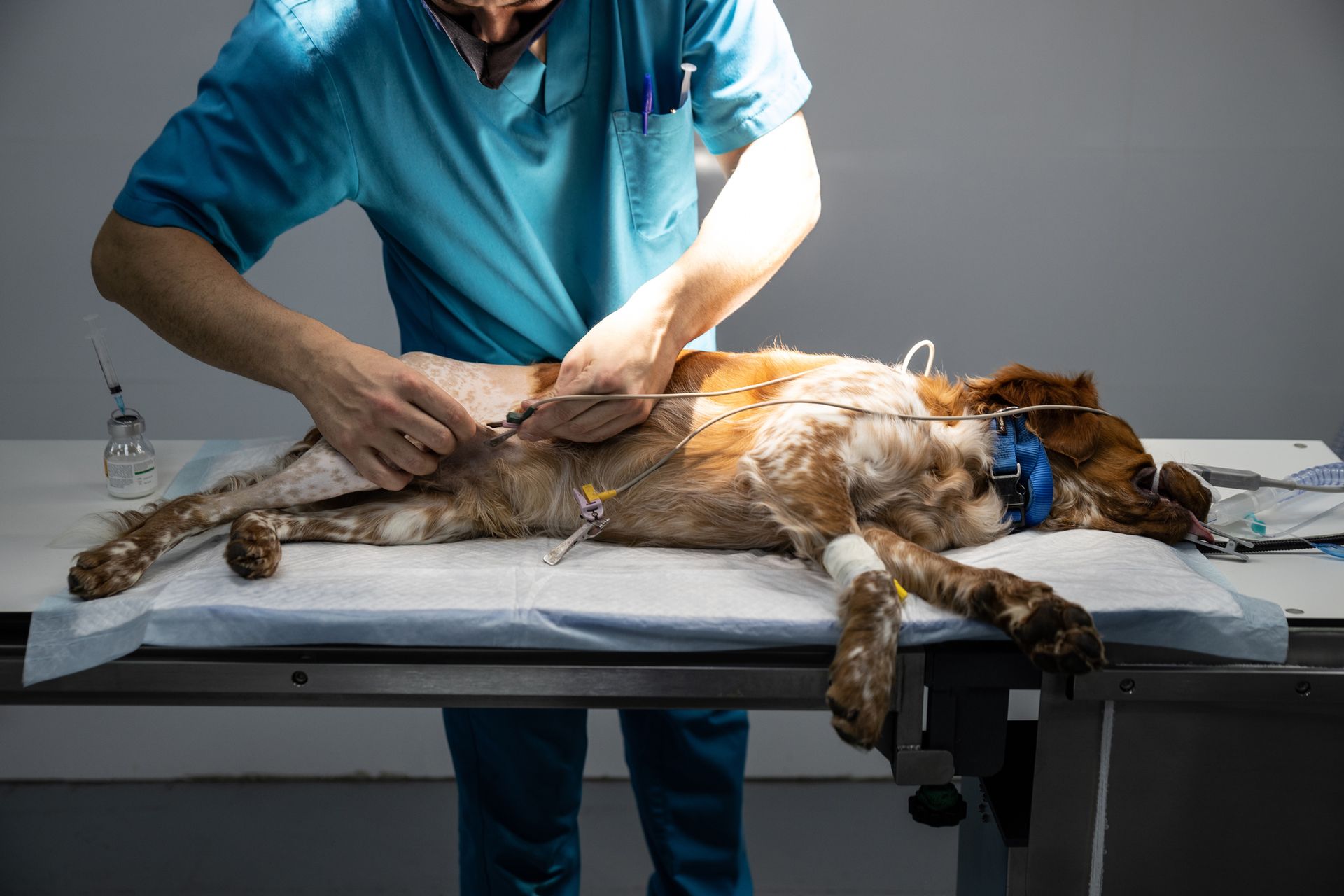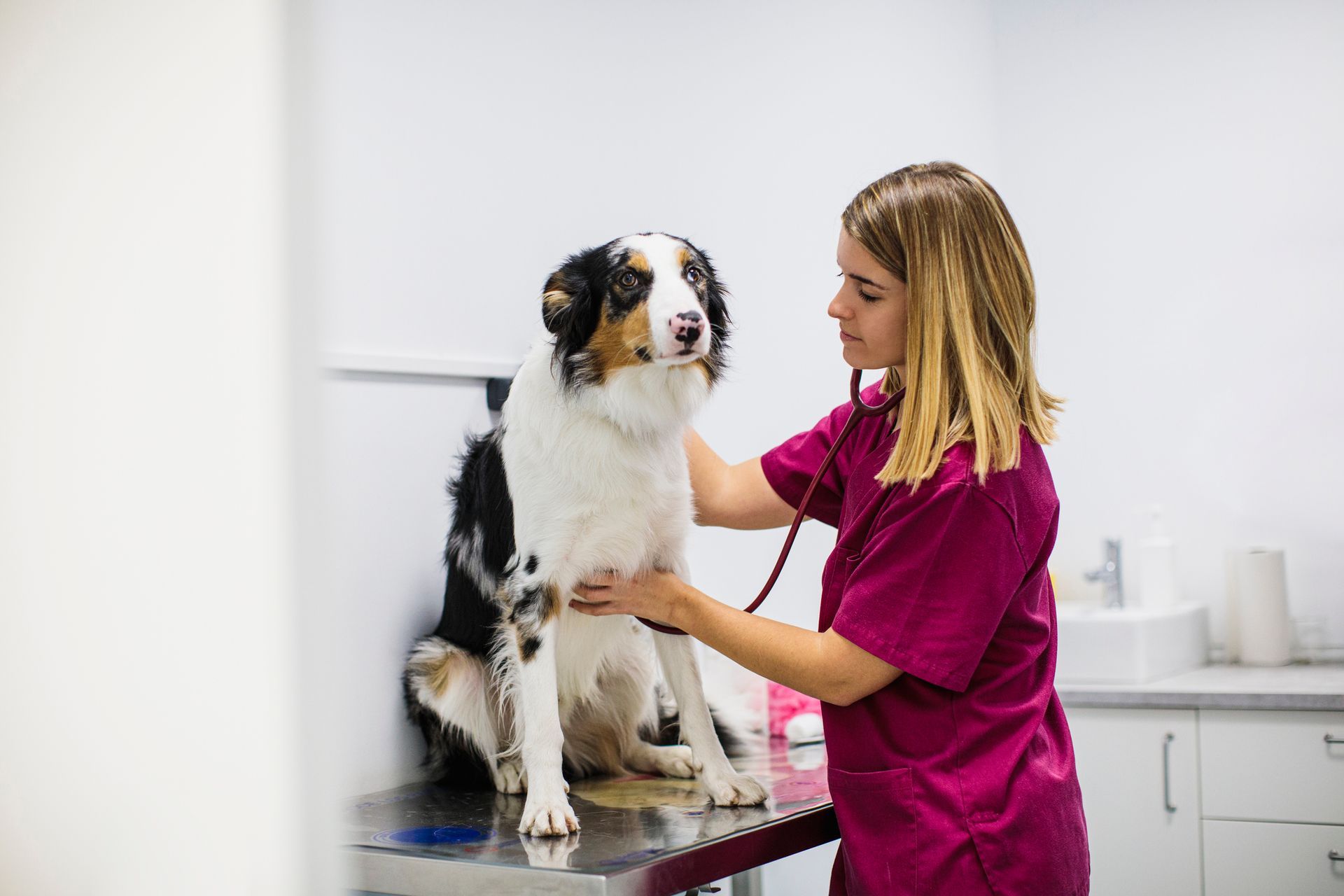What Pet Owners Need to Know About Fight Wounds on Cats
You might be concerned to come home and discover that your cat has a cut, a scratch, bite marks, or patches of missing fur. Cats can often get into fights with other animals, especially other cats, and they will have the wounds to show for it.
Cat owners need to know why these wounds occur, what they can do to prevent these injuries, and how to handle wounds when they happen. Learn more about keeping your cat safe from fight-inflicted injuries.
Why Your Cat Might Get in a Fight
Housecats are usually harmless pets. Some cats are very cuddly, playful, and affectionate. Because of a housecat's small size and docile demeanor, pet owners forget that cats are natural predators. They have the instinct to hunt, and they are very protective of their home territory.
You can see cats display territorial behavior often. They rub their heads against furniture and people to mark it with their scent. They might bat away people or other animals who get near their personal space.
When strange animals such as raccoons, stray cats, small dogs, or even rats get into your cat's territory, they can become aggressive. Additionally, if your cat likes to wander, they might cross the path of a more ferocious feline who wants to protect their own territory.
What You Can Do to Keep Your Cat Safe
Prevention of fights is the best cure. Cat owners need to take the reality of catfights seriously and do everything they can to reduce the risks to the health of their pet.
Vaccinations
First, you need to make sure your cat is not at risk in case they ever do get bitten by a wild or infected animal. Your cat should have routine rabies vaccinations. People often don't realize the importance of vaccinations for cats, or they don't know that a cat needs booster shots for rabies.
Other vaccines, like the vaccine against feline parvovirus and feline leukemia, are also essential for cats, especially if your cat will ever be exposed to other animals.
Confinement
The best protection for a housecat is to keep the cat indoors, especially during the nighttime hours. Cats are active in the evening and early morning by nature, and your cat may show the desire to be out and about in the evening. However, because this is when cats are most active, this is when housecats need to remain indoors to be safe from other cats.
In general, it is not safe for a house cat to be outside without supervision. Your cat might greatly enjoy the outdoors, so you might decide to let them into your yard. But, cats can jump over fences and they are adept climbers, so you may not be able to keep them close to home. The more they roam, the more likely they will get injured in a fight.
If your cat will truly be unhappy inside the house, consider installing a cat fence. These fences curve in toward the yard at the top to prevent jumping and climbing.
Play and Stimulation
Take advantage of your cat's increased evening energy and allow them to get their natural hunting and fighting instincts out through stimulating play. You might provide a string for your cat to chase, provide toys for pouncing, or play with a laser pointer to get your cat to jump and chase.
People with cats sometimes forget that cats need exercise and stimulation, just like a dog. Even though you don't take your cat for walks, you still need to make time to bond with them and help them with beneficial play.
How You Should Respond to Wounds
Despite your best efforts, your cat may still come home with scratches and bites, or they might even get into a fight in your own backyard. Cat wounds close over very quickly, so make it a habit to check your cat daily for injuries, just as you stroke their fur or during a time of play.
You can also check for behaviors such as self-grooming the painful area, as cats will lick themselves to clean their wounds. Check areas that are commonly hurt, such as the ears, tail, and legs. Cats who are recovering from fights might not have as energy, they might develop a fever, or they might not jump or play because they are in pain.
Don't assume that because a scratch isn't deep or because a bite isn't bleeding that your cat has no need for veterinary care . The skin may close up the wound, but cat bites and scratches can get infected easily, and the infection festers unseen under the skin. Your cat might struggle for days with a scratch that develops into a painful and sometimes deadly abscess.
To protect your cat from infection, seek veterinary care for small fight injuries, especially bites. Your cat can take a protective antibiotic to keep infection at bay. The vet can clean the wounds and check for muscle and tissue damage.
For more information, contact us at South Seattle Veterinary Hospital.











